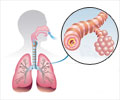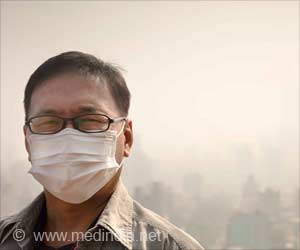A total of 512 cases of Seasonal Influenza (H1N1) have been registered with no deaths reported in New Delhi, revealed the Delhi government on Wednesday.

‘Getting vaccinated is the best efficient way to prevent flu. Additionally, washing hands regularly and avoiding close contact with the infected person also help from getting infected with the virus.’





"All government hospitals are equipped with the necessary logistics required for the management of Seasonal Influenza (H1N1)," the government said in a statement. "Collection and compilation of confirmed swine flu cases from various reporting units and labs with complete line listing is being done at the state level. The compiled report is shared with districts for timely surveillance activities and preventive measure," the government said, adding that there had been 512 cases in Delhi so far of Seasonal Influenza till January 29.
According to the advisory issued by Delhi's Directorate General of Health Services, Seasonal Influenza (H1N1) is a self-limiting viral, airborne disease spread from person-to-person, through large droplets generated by the act of coughing and sneezing, indirect contact by touching a contaminated object or surface (fomite transmission like telephone, cell phones, computers, door handles, doorbells, pens, toys) and close contact (including handshaking, hugging, kissing).
"The symptoms include fever and cough, sore throat, runny or stuffy nose, difficulty in breathing. Other symptoms may include body aches, headache, fatigue, chills, diarrhea and vomiting and blood-stained sputum," it said.
The advisory also stated that children with mild illness but with predisposing risk factors, pregnant women, persons aged 65 years or older, patients with lung diseases, heart disease, liver disease, kidney disease, blood disorders, diabetes, neurological disorders, cancer and HIV/AIDS, patients on long term cortisone therapy are under the high risk group.
Advertisement
Source-IANS











